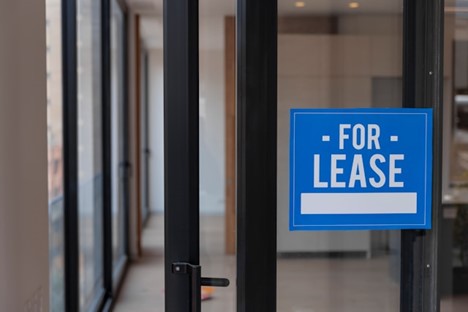Navigating the complex world of commercial leasing requires astute negotiation skills from both landlords and tenants. A well-negotiated lease can be beneficial to both parties, ensuring a mutually agreeable arrangement that fosters a positive business relationship. Whether you are a landlord seeking to maximize your investment or a tenant aiming to secure favorable terms, understanding key negotiation strategies is crucial. David Shulick provides comprehensive tips for both landlords and tenants to effectively negotiate commercial leases below.
Understanding Commercial Leases
Commercial leases differ significantly from residential leases in terms of complexity, duration, and legal requirements. They often involve longer terms, more significant financial commitments, and specific clauses tailored to the nature of the business and the property. Both parties must approach negotiations with a clear understanding of their needs, priorities, and potential compromises.
Tips for Landlords
Know Your Market
Before entering negotiations, landlords should thoroughly research the local market. Understanding current rental rates, vacancy rates, and the demand for commercial space in the area will help set realistic expectations and competitive pricing. This knowledge positions landlords to make informed decisions and justify their terms during negotiations.
Highlight Property Strengths
Emphasize the unique features and advantages of the property. Whether it’s a prime location, high foot traffic, modern amenities, or flexible space configurations, showcasing these strengths can justify higher rental rates and attract quality tenants. Providing detailed information about the property’s benefits helps build a compelling case during negotiations.
Offer Incentives
To attract and retain tenants, consider offering incentives such as rent-free periods, tenant improvement allowances, or flexible lease terms. These perks can make your property more appealing, especially in a competitive market. Incentives can also provide tenants with the financial flexibility they need to establish or expand their business.
Maintain Flexibility
While it’s essential to protect your interests, remaining flexible can facilitate successful negotiations. Be open to discussing lease terms, such as the duration, renewal options, and rent escalation clauses. Demonstrating a willingness to accommodate tenants’ needs can foster a positive relationship and encourage long-term occupancy.
Focus on Long-Term Value
Prioritize long-term value over short-term gains. Securing reliable tenants with a stable business can provide consistent income and reduce vacancy periods. Consider the tenant’s business model, financial stability, and growth potential when negotiating lease terms. A strong, mutually beneficial partnership can lead to greater stability and profitability over time.
Tips for Tenants

Understand Your Needs
Before entering negotiations, clearly define your business needs and objectives. Consider factors such as the ideal location, space requirements, budget constraints, and future growth plans. Having a well-defined set of criteria will guide your negotiations and help you identify properties that align with your business goals.
Conduct Thorough Research
Research the local market to understand current rental rates, property values, and the availability of commercial spaces. This knowledge empowers you to negotiate from a position of strength, ensuring you don’t overpay for a lease. Additionally, familiarize yourself with common lease terms and clauses to navigate negotiations more effectively.
Negotiate Key Terms
Focus on negotiating key lease terms that significantly impact your business. These may include:
- Rent and Rent Escalation: Ensure the rent is competitive and seek to cap annual increases.
- Lease Duration and Renewal Options: Aim for flexibility with shorter initial terms and multiple renewal options.
- Tenant Improvements: Negotiate for landlord contributions to customize the space to meet your needs.
- Maintenance and Repairs: Clearly define responsibilities for property maintenance and repairs to avoid unexpected costs.
Request Contingency Clauses
Contingency clauses can provide protection in unforeseen circumstances. Consider negotiating clauses such as:
- Exit Clause: Allows you to terminate the lease early under specific conditions, such as business downturns or relocation needs.
- Sublease and Assignment Rights: Provides flexibility to sublease or assign the lease to another tenant if your business needs change.
- Force Majeure: Addresses situations beyond your control, such as natural disasters or significant disruptions, and how they impact lease obligations.
Seek Professional Advice
Engage the services of a commercial real estate attorney or a tenant representative. These professionals can offer valuable insights, ensure you understand all legal implications, and help you negotiate favorable terms. Their expertise can prevent costly mistakes and safeguard your interests throughout the leasing process.
Conclusion
Successful commercial lease negotiations require careful planning, research, and strategic negotiation skills from both landlords and tenants. Landlords should leverage market knowledge, property strengths, and flexibility to attract and retain quality tenants. Tenants, on the other hand, should clearly define their needs, conduct thorough research, and negotiate key terms to secure favorable lease agreements.
By approaching negotiations with a collaborative mindset and focusing on mutually beneficial outcomes, both parties can create a solid foundation for a productive and lasting commercial leasing relationship. Whether you’re a landlord looking to maximize your investment or a tenant aiming to establish a thriving business, these negotiation tips will help you navigate the complexities of commercial leasing effectively.
